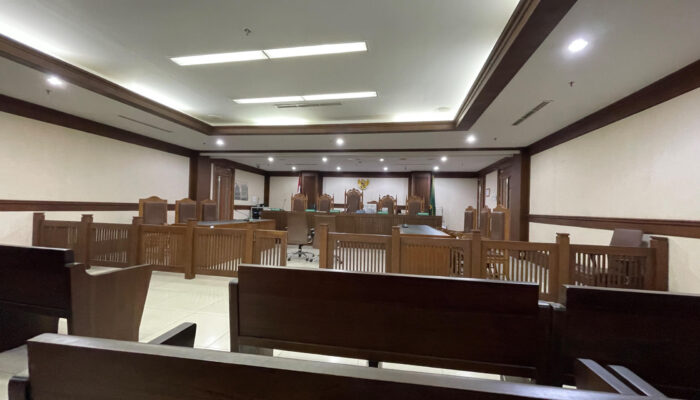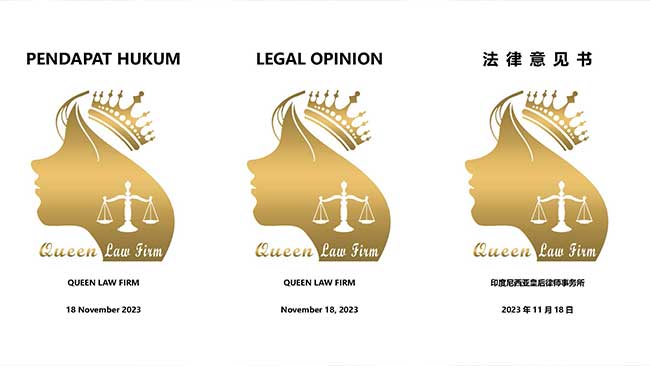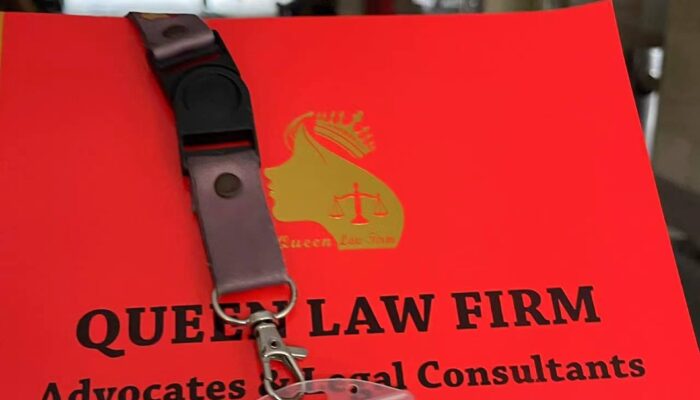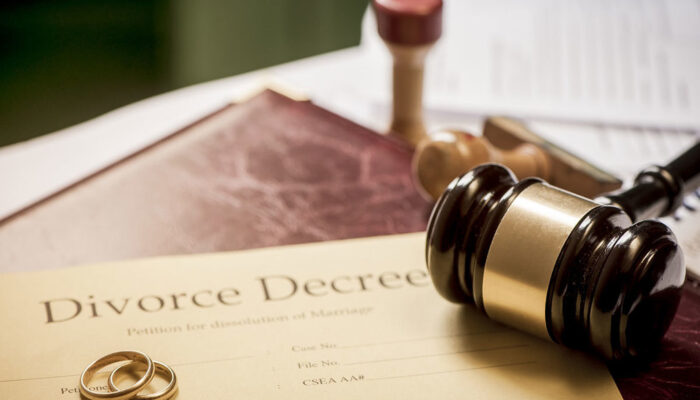On January 20, 2025, the renowned Indonesian Queen Law Firm announced the official opening of its newest branch in The Kensington Office Tower, located in Jakarta’s premium business district. This strategic move aims to better serve its rapidly growing corporate clientele while solidifying the firm’s position as a leader in the legal services market.
Prime Location
The Kensington Office Tower, situated in the bustling Kelapa Gading area in North Jakarta, is an iconic modern office building. Its convenient location and premium business environment have attracted numerous international and local companies. The selection of this site for the firm’s new branch reflects its commitment to high-quality client service and confidence in the future potential of Indonesia’s legal market.
Comprehensive Legal Services
The new branch will focus on providing a full range of legal services to both local and international clients. Dr. Guan, a senior partner at the firm, stated: “With Indonesia’s ongoing economic growth and increasing foreign investments, we feel a responsibility to offer more accessible and professional legal support to our clients. The establishment of this new branch is our proactive response to these needs.”
Future Outlook
Since its founding, Queen Law Firm has always been client-centric, continuously expanding its service areas. The opening of the Jakarta branch marks a milestone in the firm’s development and underscores the steady growth of Indonesia’s legal industry.
The firm plans to further expand its presence in Indonesia in the coming years to consolidate its industry leadership and help more businesses and individuals succeed in navigating complex legal landscapes.











